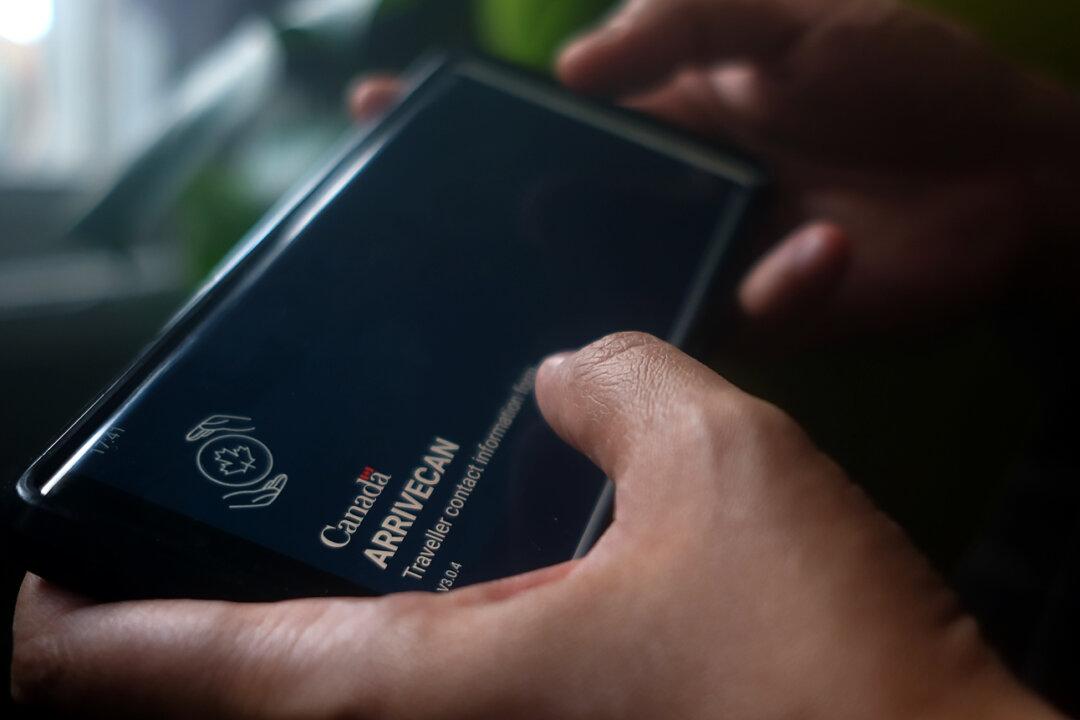Two Canadian technology companies have attempted to recreate the ArriveCan app over the thanksgiving long weekend in a bid to show that the federal government didn’t have to spend a reported $54 million on the border-crossing app.
TribalScale and Lazer Technologies, tech firms that specialize in building apps and other software for corporate clients, each announced their projects on Oct. 7, which they said would be voluntary for employees.





